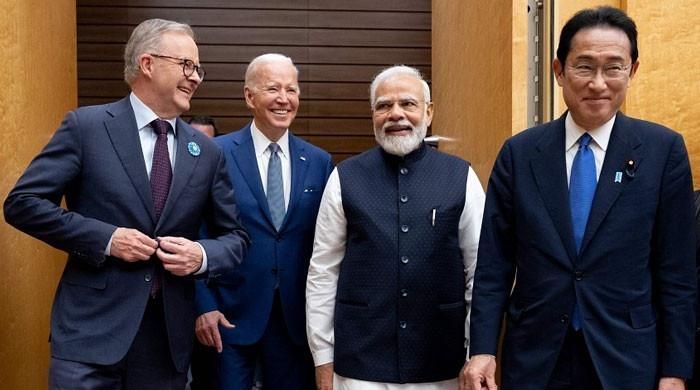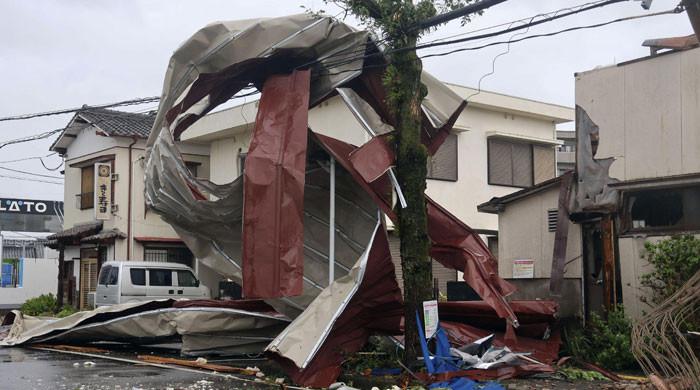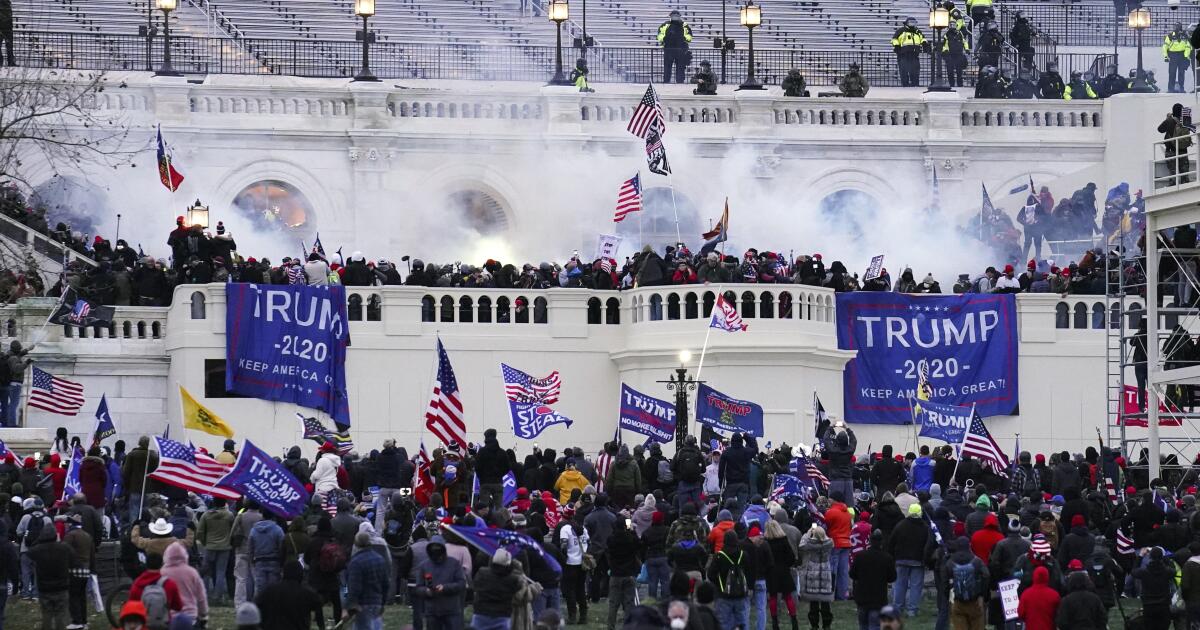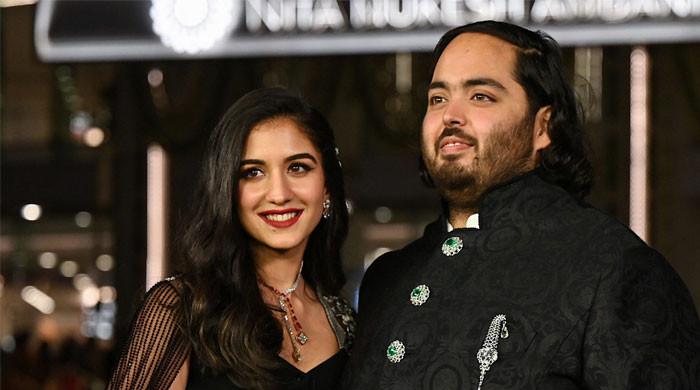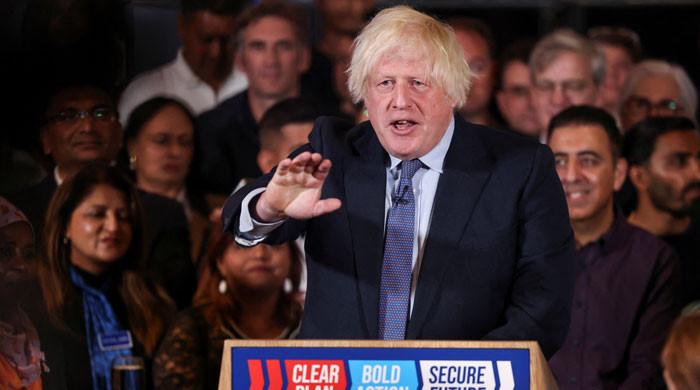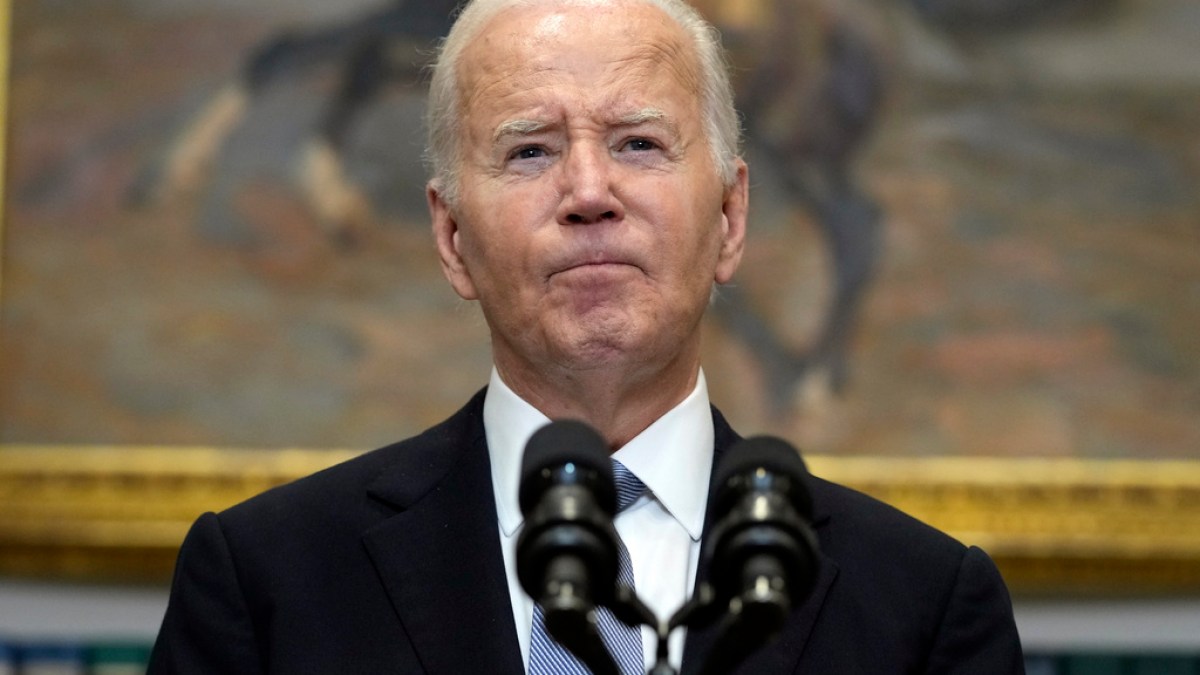WASHINGTON: US President Joe Biden will host the leaders of allies Australia, India and Japan in his hometown of Wilmington, Delaware, on September 21 for talks focused on tensions with China, the White House said on Thursday.
The summit comes as Biden considers his foreign policy legacy in his final months as a one-term president, after dropping out of the 2024 U.S. election and effectively handing the Democratic Party nomination to his vice president, Kamala Harris.
“This will be the first time President Biden has hosted foreign leaders in Wilmington as president, a reflection of his deep personal relationships with each of the Quad leaders and the importance of the Quad to all of our countries,” his spokeswoman Karine Jean-Pierre said in a statement.
Biden “looks forward” to hosting Australian Prime Minister Anthony Albanese, Indian Prime Minister Narendra Modi and Japanese Prime Minister Kishida Fumio, he added.
The four-nation Quad grouping dates back to 2007, but Biden has strongly pushed the alliance as part of an emphasis on international partnerships to keep adversaries, especially China, in check.
He hosted the first Quad leaders summit at the White House in 2021 and annual summits have been held since then.
The White House statement did not explicitly mention China, but said the leaders would focus on “advancing our shared vision of a free and open Indo-Pacific region.”
The group has frequently used similar veiled language when discussing tensions with China, notably a series of recent clashes between Chinese and Philippine vessels in the disputed South China Sea.
The next Quad Summit will be hosted by India, the White House said.
The choice of Wilmington is deeply personal for Biden, who has called the city home for decades and often spends weekends at his suburban home.
The White House did not say what venue would be used for the summit.
Biden has made foreign policy a priority since dropping out of the election in July following a disastrous debate performance against Republican Donald Trump.
Harris has signaled she will follow Biden's foreign policy line, which emphasizes strengthening U.S. alliances, including NATO. She took a tough tone toward China in her first televised debate with Trump on Tuesday.
She said the Republican had “betrayed us” on China “when the policy on China should be about ensuring that the United States of America wins the competition for the 21st century.”

